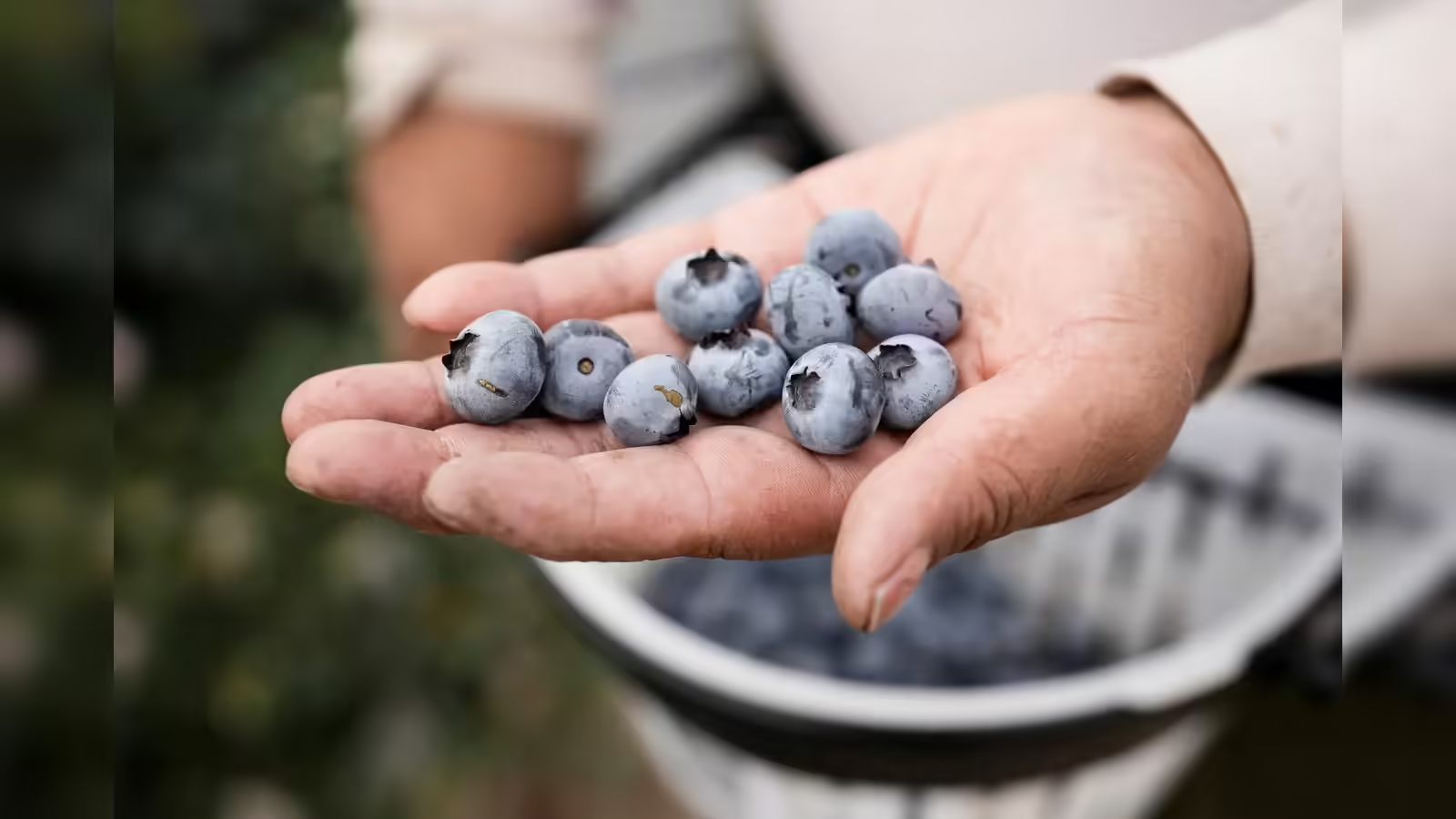Recall alert hundreds of boxes of blueberries could contain listeria – that’s the urgent headline consumers need to know about in early July 2025. The Food and Drug Administration (FDA) has escalated this recall to its highest severity—Class I—because of a potential Listeria monocytogenes contamination in organic blueberries distributed by Alma Pak International LLC. This blog dives into every angle: what triggered the recall, why it’s so serious, and what consumers and businesses should do now.
Recall alert: hundreds of boxes of blueberries could contain listeria – What You Need to Know
Last month, Alma Pak International LLC initiated a recall for approximately 400 boxes of organic blueberries, each weighing around 30 pounds, bringing the total to 12,000 pounds of fruit shipped to a North Carolina customer. This recall began June 9, 2025, but on July 1, the FDA raised it to a Class I status—the highest risk category—signifying a “reasonable probability” of serious health consequences or death from consuming the affected berries.
Each box, labelled lot number 13325G1060 or 13325G1096, contained organic blueberries that were subject to routine testing and possibly contained Listeria.
What is Listeria, and Why Is It Dangerous?
Listeria monocytogenes is a bacterial pathogen associated with chilled meats and foods. Most wholesome men and women revel in only flu-like symptoms while infected by way of Listeria, but acute infections (listeriosis) pose a genuine threat to high-risk groups:
- Newborns
- Adults over 65
- Individuals with weakened immune systems
Symptoms of listeriosis consist of fever, muscle aches, nausea, diarrhoea, and in extreme instances, neurological issues like headaches, stiff neck, confusion, seizures, or even deadly consequences. Tragically, Listeria is the 1/3‑main cause of death from foodborne contamination in the U.S., responsible for around 260 deaths yearly.
How to Check If You Have the Recalled Blueberries
Consumers should immediately examine blueberry packaging for the specific lot numbers mentioned:
Check packaging – Is it written Lot13325G1060 or 13325G1096 on it?
Don’t eat or serve – Dispose of the blueberries safely, or return them to the store.
Request a refund – The retailer or distributor should offer a full refund or replacement.
Watch for signs and symptoms – Anyone who has eaten the berries and develops symptoms of listeriosis should seek medical care straight away. Early treatment with antibiotics can save you from intense complications.
Why This Recall Is Escalated to Class I
One section I will never forget is reserved for the most serious food safety hazards. The FDA decided that there’s a potential “reasonable probability” that eating those berries could result in serious infection or loss of life. Elevated, don’t forget stages like this are rare; however, talk to the high-risk capacity in the back of Listeria.
The recall is isolated to one distribution event in North Carolina, but consumers nationwide should check any blueberries purchased recently. It’s possible that more products were affected but have not yet been identified.
What Alma Pak International Is Doing
Alma Pak voluntarily recalled the affected batches and is actively collaborating with regulatory bodies to trace product distribution and make certain retailers and purchasers are notified. The agency has previously issued recalls for other frozen berry products, highlighting ongoing concerns about safety protocols.
The increasing number of food recalls in 2024 and 2025 means increased attention and testing capabilities, but also increased risks associated with sparkling and frozen products.
Protecting Yourself from Listeria – Quick Tips
To minimize the risk of Listeria and other foodborne illnesses:
- Always wash berries under cold running water before eating—even if labelled “pre-washed.”
- Keep refrigerated items at or below 4 °C (40 °F).
- Avoid cross-contamination by using separate cutting boards for produce and raw meats.
- Regularly clean the fridge and discard expired perishable items promptly.
If you are in a high-hazard institution (pregnant, elderly, immunocompromised), don’t forget freezing berries and cooking them at excessive warmth before intake—Listeria is killed via thorough cooking.
FDA Guidelines: If You Have an Affected Product
- Stop consuming the product immediately.
- Return it to the place of purchase for a refund or credit.
- Consult a healthcare provider if symptoms appear.
Report symptoms or adverse reactions to the FDA’s MedWatch program. This helps authorities track outbreaks and improve public safety.
What This Tells Us About Food Safety
This keeps in mind serves as a reminder: even natural, seemingly healthy food gadgets can bring serious infection dangers. The FDA’s heightened category is a warning call for stricter hygiene requirements, from farm to packaging to retail.
For consumers, this means being diligent about:
- Source transparency – Know where your produce comes from.
- Safe storage – Observe expiration dates and refrigeration practices.
- Proactive handling – Wash, clean surfaces, and prep safely.
For producers and regulators, the blueberry recall underscores the urgency of:
- Rigorous testing, especially for pathogens like Listeria.
- Fast communication across the supply chain when problems are identified.
- Continuous training—to ensure the best hygiene and handling practices.
Stay alert, stay safe, and always check your blueberries!



